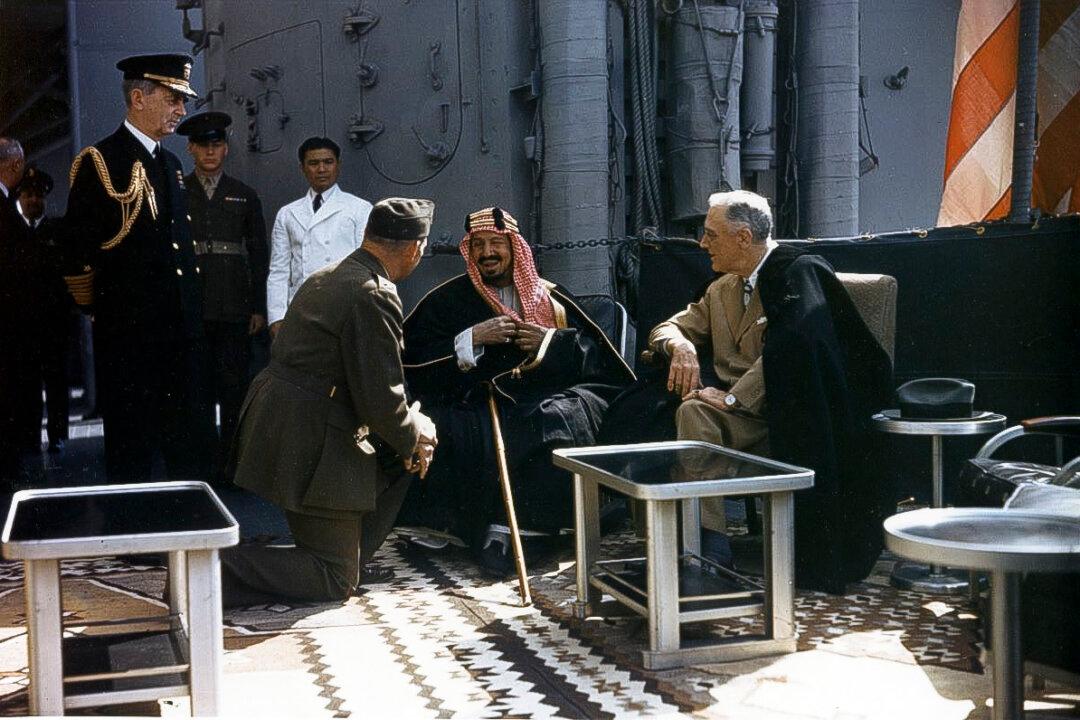The CIA has earned its reputation. And it’s a nuanced reputation. Some suggest that it has been a blight on America, while others argue it is an absolute necessity for national security. Most, however, agree that the CIA’s reputation falls somewhere between these two polar opinions. In Hugh Wilford’s new book, “The CIA: An Imperial History,” he presents an agency that began with a reasonable and necessary mission: gather intelligence on foreign powers. As the author notes, “Few had foreseen the CIA’s future as a scourge of Third World nationalists when it was founded in 1947. Most officials involved in the Agency’s creation interpreted its functions as strictly limited to intelligence—observing the world, not trying to change it.”
His reason for this creeping change in mission: imperialism.






